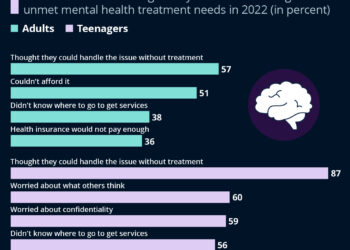In a recent podcast appearance, Yann LeCun, the Chief AI Scientist at Meta and a Turing Award recipient, expressed his skepticism about humanoid robots, despite their impressive demonstrations. LeCun pointed out that many companies are banking on significant advancements in artificial intelligence over the next three to five years to make their robots viable.
“We still lack household robots, and we don’t have machines that can perform tasks similar to those of a cat or dog, let alone fully autonomous Level 5 self-driving cars,” LeCun stated. He emphasized the current challenge of training AI systems to accurately interpret complex sensory inputs like vision.
LeCun suggested that if we can develop AI systems capable of understanding the physical world, possessing long-term memory, and demonstrating reasoning and planning skills, it would lay a robust foundation for powering more flexible robots. “Such robots would be far more adaptable than those we currently see,” he added.
Despite the emergence of numerous robotics companies over the past couple of years, LeCun critiqued the intelligence of their humanoid robots. “While the demonstrations are impressive, these robots are not capable of performing tasks that humans can easily do, not due to physical limitations, but because they lack the intelligence needed to navigate the complexities of the real world,” he explained.
Many companies in this sector are hoping that major breakthroughs in AI will occur within the next three to five years, positioning them to produce and sell advanced robots. However, LeCun cautioned that this expectation is a gamble, and he is uncertain whether such advancements can be realized in that timeframe.
He concluded that while specific AI developments in the near future might be unpredictable, significant progress is likely within the next decade, potentially ushering in a new era for robotics. “The next ten years could very well be the age of robots,” LeCun asserted.
Yann LeCun is a highly respected figure in both academia and industry, known as the “father of convolutional neural networks” (CNNs) for his substantial contributions to the field of image recognition. He received the Turing Award in 2018 and is recognized as a key player in advancing artificial intelligence.






